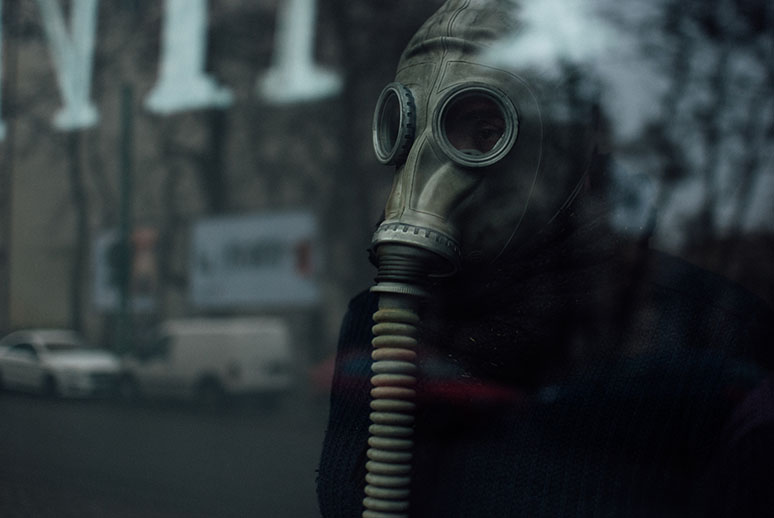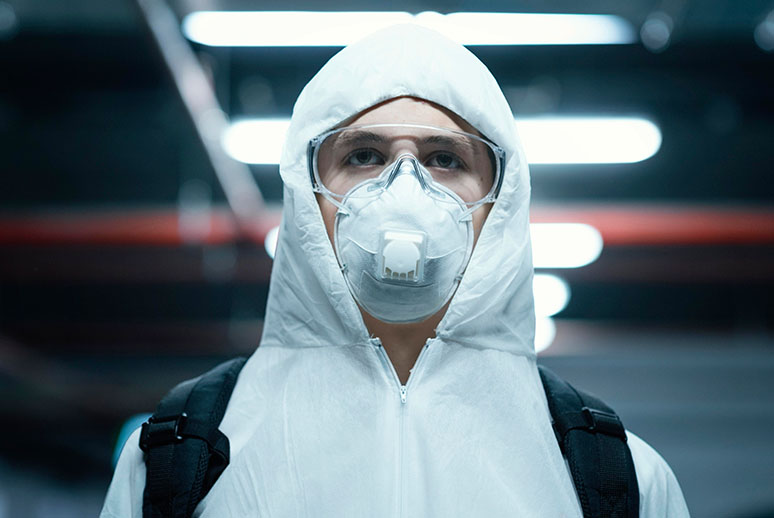How to Succeed as a Crime Scene Cleaner
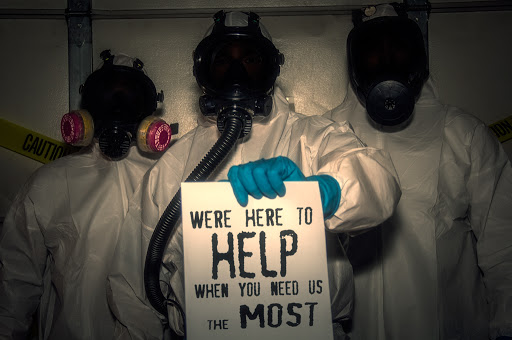
So, you’ve decided to take the leap and join a trauma scene cleaning crew. Now the fun part begins. Training should be the focus of your first two weeks on the job. Ask many questions and learn as much as you can. Once you start, you’ll learn a lot from experience.
We know the job is overwhelming, especially when you’re just starting. So, we’re happy to provide some tips from our experienced technicians to help you get started.
Two important tips to help you when cleaning up death and crime scenes:
- Always sterilize and disinfect your toolbox.
- Before you begin working, spray the area down. Spray the area down again in intervals after starting. Spray, spray, spray. There is no such thing as “too much” disinfecting on these jobs.
What You Can Expect on Your First Day
Your first day will probably be putting on PPE, fitting the PPE properly, ensuring the respirators work properly, and conducting medical screenings.
If you haven’t already, check out our article on mandatory training you need to clean death and crime scenes. Your first week is when you’ll start and complete all training. Afterwards, you’ll work on a reconstructed crime scene. This is to ensure all technicians are physically and mentally fit for day to day jobs. We aren’t cruel– we aren’t going to throw you to the wolves just yet!
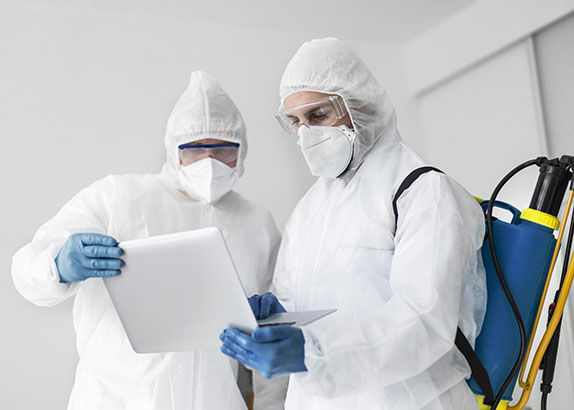
Items to Always Bring With You
Companies are required to provide you with your own PPE, tools, and supplies. PPE includes gloves, HEPA filters (helps filter the smell), booties, jumpsuits, respirators, and more. But, you might be wondering if there’s anything else you need.
Frequent travel is expected for nationwide companies like us. You’ll want to travel smart by traveling light, so only bring with you what’s necessary.
We suggest also bringing:
- Utility Knife: “A utility knife, especially one with multiple textured ridges or multifunction, has helped me a dozen times in New York City, where some buildings have windows that are painted and sealed shut. Cut around the painted edges of the window with a utility knife and get the window open for some fresh air.” -Crime Scene Technician (10+ years experience)
- Water Bottle: Carrying a water bottle, like the 1 gallon featured here, is extremely important. We come close to heat strokes several times during the Summer. Remember, we’re covered in PPE, which means the sweat has no place to go. It will run downwards and pool in your shoes.
- Extra Gloves: You don’t need to buy these, just bring extra gloves with you from the van.
- A Change of Clothes
- Deodorant or Cologne: It won’t take “the smell” away completely, but it will help.
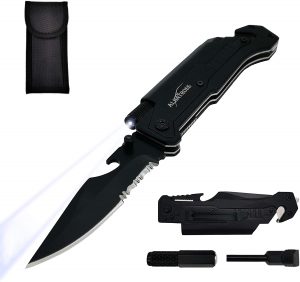 |
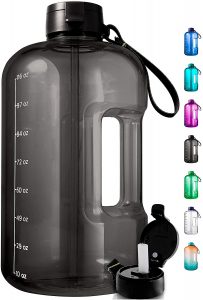 |
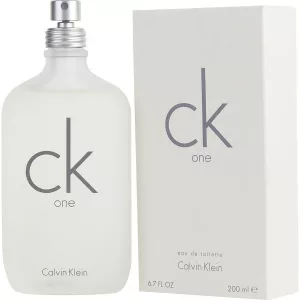 |
| ALBATROSS 6-in-1 Utility Knife | AQUAFIT 1 Gallon Water Bottle | Cologne or Deodorant of Your Choice |
What helps with the smell?
Contrary to popular belief, rubbing Vicks under your nose does NOT ease “the smell”. In fact, Vicks nose rub is a nasal decongestant, which means it opens the airways to amplify smells. We don’t know where or why this myth became popular, but we do know that it’s an extremely bad idea… unless you want to smell even more.
In reality, there’s little you can do to protect yourself from the smell. Activated charcoal filters, which are built into the PPE, can sometimes help, but there’s no guarantee. You just can’t mentally address it.
Unfortunately, decomposition odors attach to all hair follicles and even ear wax for up to 7 days. We recommend degreasers for your hair.
Body care cleaning products we recommend:
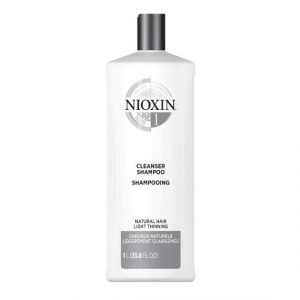 |
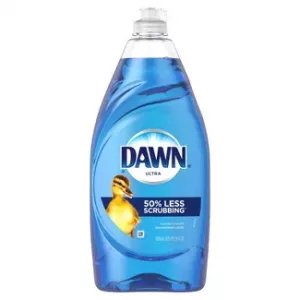 |
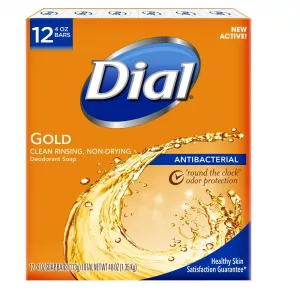 |
| Nioxin “1” Detoxing Shampoo | Dawn Dish Soap | Dial Soap Bar |
Managing Your Stress and Emotions
A good working environment helps. We encourage cleaners to take their mandatory breaks and reach out for support. This is not the type of career to work against one another. Supporting one another helps combat unnecessary stressors on the job.
We encourage and support our employees with therapy and staying connected to loved ones. Some of our cleaners also recommend yoga and daily meditation. In fact, the basic principles of yoga are to detach from the materialistic world, which helps with our daily situations.


